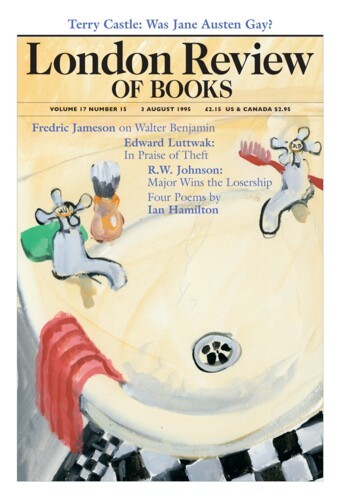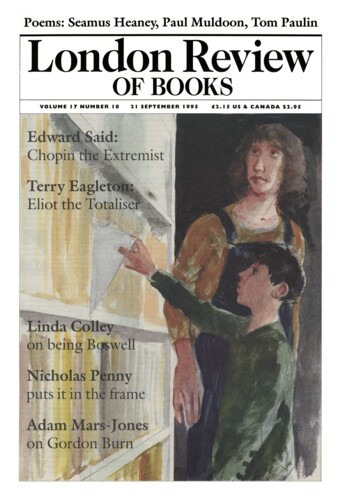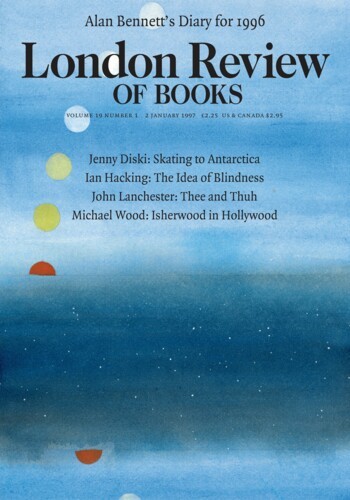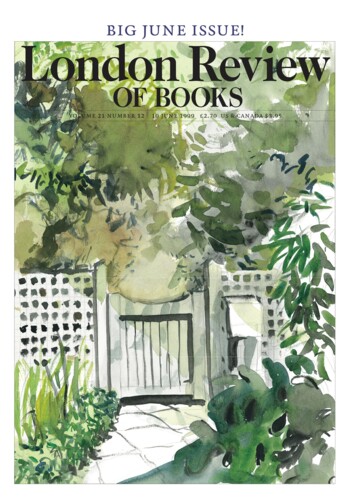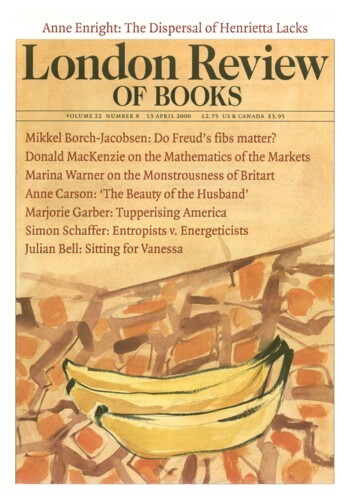Sitting in France writing about death and wallpaper, it is no surprise to find my walls orange: ‘that most morbid and irritating of colours’, as Huysmans described it, ‘with its acid glow and unnatural splendour’. The word ‘orange’ was a late addition to the language, before it we just had gold or ochre, and, like the colour, it throws up questions about the precious and the fake, the difference between what is natural and what is recent. Like the fruit, the walls are good in the morning and odd at night. Unlike the fruit the colour is strangely flat, very inedible: the blind colour of optimism, of airport furniture, of faith in the modern and the failure of that faith. Repeated, it is the colour of writer’s block. I look out the window and at the keyboard and try to avoid a Barton Fink. What is the difference between a pattern and a story, I wonder, as paragraphs repeat and strain for change, like the unsuccessful mutation zigzagging the walls; flowers held monstrous in stasis, trying to stop being flowers and start just being shapes – or is it the other way around? When it comes to writing, it is probably the other way around.’
Sitting in France writing about death and wallpaper, it is no surprise to find my walls orange: ‘that most morbid and irritating of colours’, as Huysmans described it, ‘with its acid glow and unnatural splendour’.
